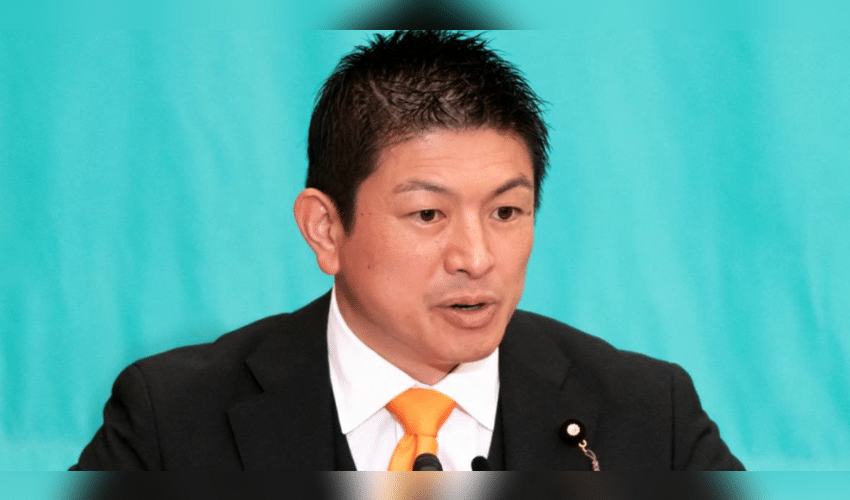Asia In News
The 'Japanese First' party disrupts election by raising concerns about foreign nationals.

A rising political party in Japan is shaking up the upcoming elections by warning of a “silent invasion” by immigrants, pushing anti-foreigner sentiment into mainstream political discourse that was once considered fringe. The Sanseito party, which emerged on YouTube during the COVID-19 pandemic spreading conspiracy theories about vaccines and global elites, is now broadening its reach with a nationalist “Japanese First” message ahead of Sunday’s upper house election. Although polls suggest the party might only win 10 to 15 of the 125 contested seats, its growing popularity is undermining Prime Minister Shigeru Ishiba’s already unstable minority government, which increasingly depends on support from rival parties.
“In the past, discussing immigration would get you shut down by the left. We’re getting criticized too, but we’re also gaining backing,” said Sohei Kamiya, the party’s 47-year-old leader, in a Reuters interview. He argued that the ruling Liberal Democratic Party (LDP) and its coalition partner Komeito can no longer avoid the issue if they want to maintain their voter base. Political analysts say Kamiya’s message is resonating with citizens frustrated by a sluggish economy and a weakened yen, which has drawn record numbers of tourists and driven up prices in recent years. Japan’s rapidly aging society has also seen its foreign-born population hit 3.8 million—only around 3% of the population, far less than in Western countries.
Kamiya, who previously worked as a supermarket manager and English teacher, cites former U.S. President Donald Trump’s “bold political style” as an influence. Whether Sanseito can replicate the success of far-right movements in countries like Germany or the U.K. remains uncertain, but observers note it has key elements: strong online presence, appeal among young men, and fear-mongering over immigration threatening Japanese culture. “Sentiments that were once taboo—like anti-foreigner views—are now being voiced more openly,” said Jeffrey Hall, a Tokyo-based lecturer and expert in Japanese right-wing politics.
Immigration has become a central campaign issue. In response, Prime Minister Ishiba recently announced a taskforce targeting crimes by foreigners, and his party pledged to achieve “zero illegal immigrants.” Despite these efforts, polls show the ruling coalition may lose its majority in the upper house, mirroring losses in last year’s lower house election. This could force the government to expand its coalition or compromise with other parties.
A fiery figure: Kamiya entered parliament in 2022 and gained early notoriety for suggesting the emperor should revive concubinage. Since then, he has attempted to distance the party from some of its more extreme stances. The current party platform includes tax cuts and increased child benefits—popular opposition policies that have raised concerns among investors about Japan’s already massive public debt.
While Sanseito is one of several far-right parties attempting to break into Japan’s conservative political space, its digital reach gives it a potential edge. Its YouTube channel has 400,000 followers—more than any other party and triple the LDP’s count, according to socialcounts.org. Challenges remain. Like many right-wing groups in the West, Sanseito’s base is largely composed of men in their 20s and 30s. To broaden appeal, the party is running several female candidates, including singer Saya, who is expected to win a seat in Tokyo. Earlier in the race, Kamiya faced criticism for saying gender equality policies were flawed because they encouraged women to work rather than raise children. When asked about the party’s popularity among men, Kamiya said, “Maybe it’s because I’m passionate and fiery—it resonates more with them.”



